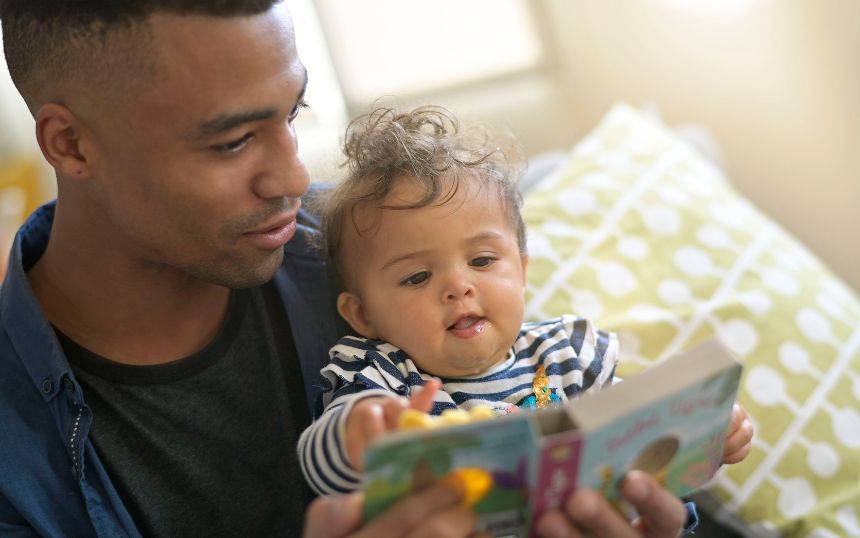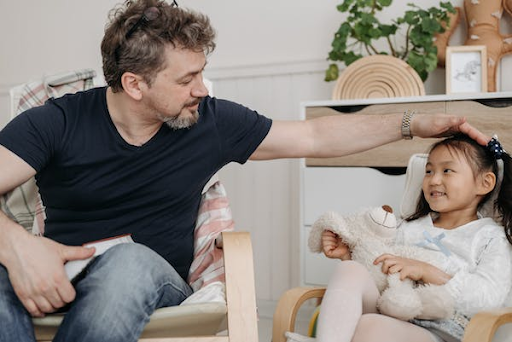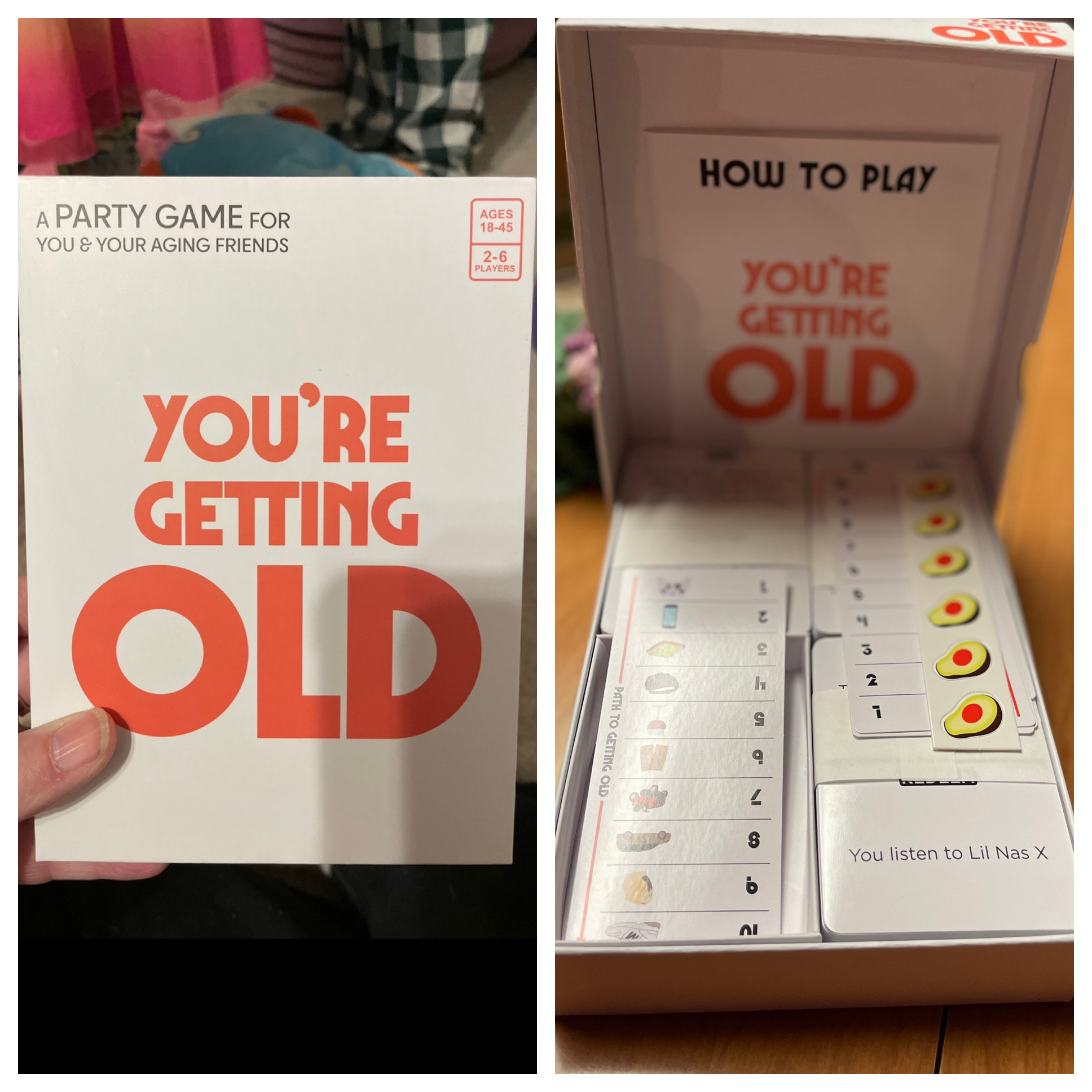Ways To Help Your Child Develop Resilience

Resilience, the capacity to recover quickly from difficulties, is a vital skill for every individual and it starts from childhood. But resilience is a learned behavior, and learning it begins in early childhood. Explore ways to help your child develop resilience.
Why Is Resilience Important for Kids?
Resilience is particularly important for children, as it helps them navigate life's ups and downs, build confidence, and grow into emotionally healthy adults.
Every parent wants to protect their child, but solving every problem for them robs them of the opportunity to learn that they can do it themselves. Making mistakes and experiencing failure is an essential part of building resilience. Allow your child to take age-appropriate risks and learn from their mistakes.
Teach Age-Appropriate Skills To Build Competence
One of the most effective ways to develop resilience in children is by teaching them age-appropriate skills. From learning basic self-care like dressing themselves to brushing their teeth to pouring their own bowl of cereal, kids learn that they’re able to do things on their own.
Social skills are trickier: practice with your child what to do if they have a disagreement with another kid who won’t share, or what to do if they feel bullied. Make sure they know when to ask an adult for help, and when to try working it out on their own.
Foster Social Connections
Encourage your child to form positive relationships with family members, friends, and teachers. These connections can provide emotional support and help your child feel secure and loved, which is a prerequisite for resilience.
Encourage Your Child To Help Others
Helping others can boost a child's sense of self-efficacy and resilience. Encourage your child to engage in acts of kindness, whether it is helping a friend with homework or volunteering in the community.
Learn To Say, “I Don't Know, But What Would You Do?”
When your child asks for advice, instead of providing an immediate solution, ask them what they would do. This encourages them to think critically and fosters independence, which in turn strengthens resilience.
Admit Your Own Mistakes and Model How You Bounce Back
When you admit your own mistakes and show how you bounce back from them, you are teaching your child that it is okay to make mistakes and that mistakes are opportunities for learning and growth.
Recognize Signs of Stress and Anxiety in Young Children
Toddlers and preschoolers may not yet have the communication skills to name what’s bothering them. Instead, they may exhibit behaviors like sucking their thumb or twirling their hair. They may become more clingy or defiant because they simply don’t know what else to do to cope.
Make sure your child knows that home is a safe place where they’ll find hugs when they need them as well as comfort objects like a favorite blanket or stuffed animal. The reassurance that they are loved and safe can help alleviate some of the stresses of growing up and encountering the wider world of day care, preschool, and kindergarten.
Helping your child develop resilience is one of the many important duties of parenthood. By fostering resilience, you are equipping your child with a valuable skill that will benefit them throughout their life.





